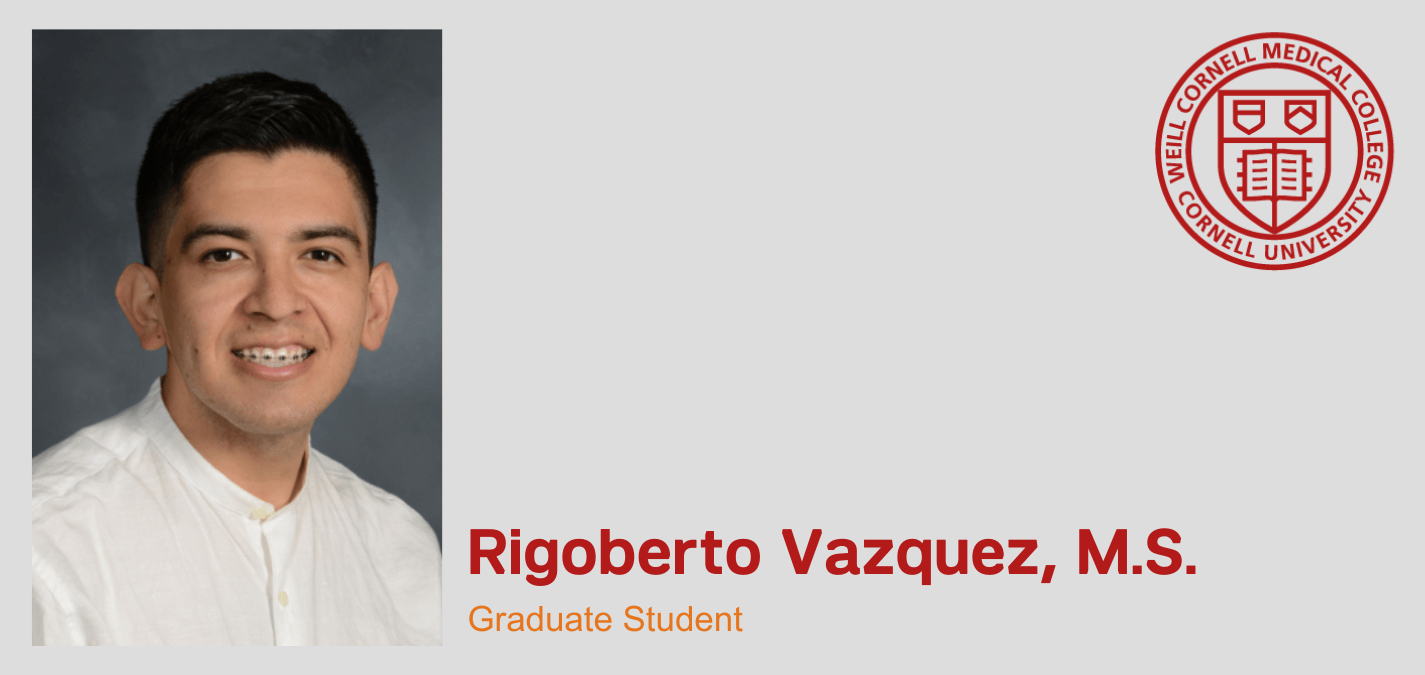
Congratulations to graduate student Rigoberto Vazquez, M.S., on receiving the MTT-S Graduate Fellowship for Medical Applications, a $6,000 award from the Microwave Theory and Technology Society (MTT-S), on behalf of The Institute of Electrical and Electronics Engineers (IEEE), for his research on improving the spatial resolution of MRI RF coils to detect breast cancer. The fellowship — the highest honor for MTT-S graduate students — is awarded to only two students worldwide. It includes a trip to the International Microwave Symposium (IMS) in San Francisco this June, where Vazquez will be recognized at the IMS Students Awards Luncheon.
“As a proud LGBTQ+ and Latinx scientist in STEM, receiving this fellowship is both a profound honor and a testament to the diversity and impact of my work,” says Vazquez. “Receiving this prestigious award enables me to fully dedicate myself to my research without financial constraints, accelerating innovations that improve patient outcomes.
Currently, MRI RF coils can only achieve a one-millimeter spatial resolution, and commercial coils are rigid, resulting in weaker signal intensity. Additionally, researchers are focused on prone-position imaging for diagnostics and biopsies, but when switching to a supine position, surgeons struggle to locate small tumors. By addressing these challenges, Vazquez hopes to detect breast cancer earlier, especially for high-risk patients, by creating a flexible “bra-style” breast MRI coil that fits close to the body in the supine position.
“We have developed a stretchable liquid-metal RF coil that can easily adjust to achieve the desired resonance frequency,” says Vazquez. “My research centers on simulating, designing, and 3D-printing a new MRI receiver coil for supine breast imaging, using robust and stretchable materials.”
So far, the results are promising. When stretching the coil, Vazquez observed a frequency shift of less than 0.5 MHz and, when compared to conventional coils, more than 50 percent improvement in signal-to-noise ratio. The advancement offers patients a lightweight, flexible design while providing clearer imaging of curved body structures just beyond the breast.

